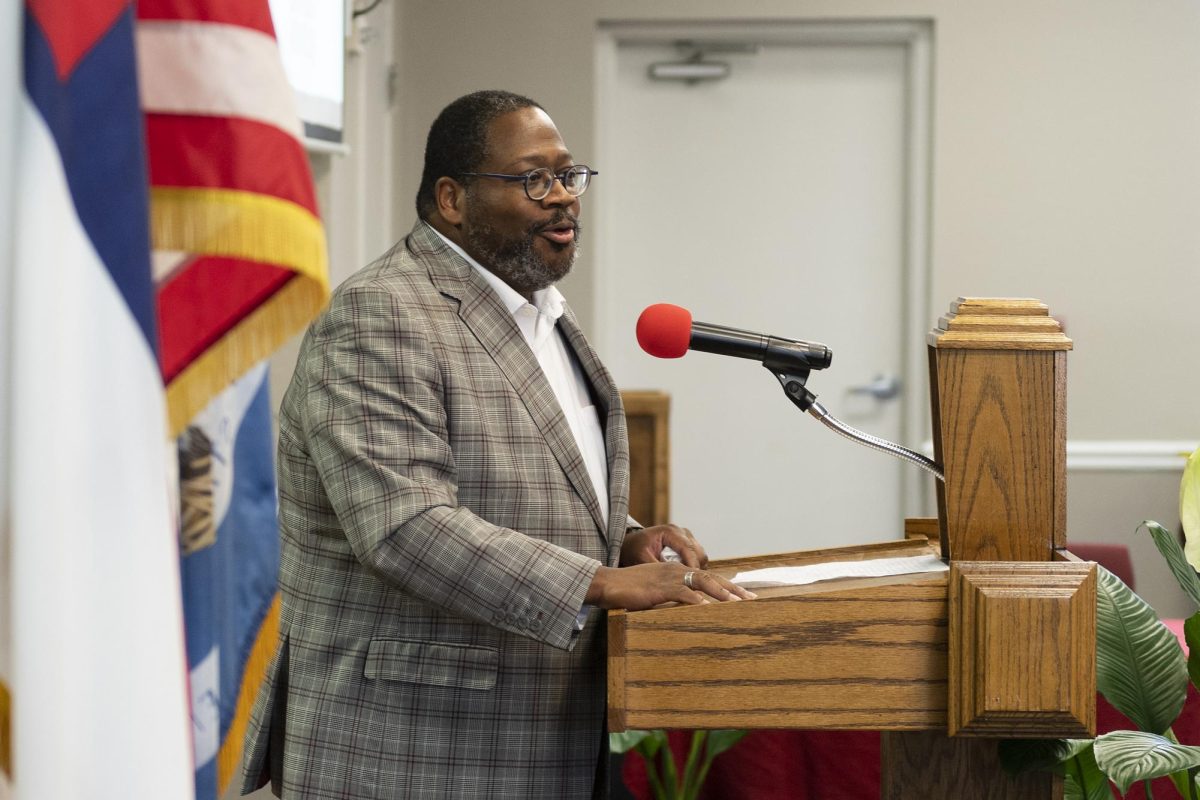The College of Business is working on a second proposal for a master’s program in Austrian economics after the first proposal was denied last spring.
The economics department of the College of Business is addressing the issues with the first proposal after the Standing Council for Academic Planning, an Academic Affairs committee that oversees academic decisions, denied the proposal at their May 3 meeting.
The committee denied the program after several non-committee members made arguments for and against the master’s program at the meeting.
“The Austrian economics master’s program would in part support the mission of Loyola, but it would undercut the mission at the same time,” said Thomas Ryan, director of the Loyola Institute for Ministry.
According to the proposal, the master’s program would follow Loyola’s mission by adhering to the analysis and importance of individuals within economics. Ryan said that the master’s program gets that part of the mission correct but leaves out Loyola’s commitment to social justice.
Daniel D’Amico, assistant professor of economics, said that focusing on individual decision making is nothing unique to Austrian economics.
“All economists attempt to adhere to methodological individualism wherein the individual is the central focus of decision making,” he said.
The Rev. Fred Kammer, S.J., executive director of the Jesuit Social Research Institute, agreed that the program does not align with Loyola’s mission and values.
According to Kammer, Catholic social teaching takes the position of a market framed by justice and not the free market the Austrian economists propose.
There are also specific conflicts, he said, between Catholic social teaching and the Austrian view of government, unions, taxations, human life and the place of Christianity in the public sector.
Kammer said he also found problems in the Austrian economics master’s program’s funding. He said he believes Loyola would make a mistake by letting the Koch Foundation, the charitable organization derived from Koch Industries, donate such a large sum of money for the master’s program. Koch Industries is one of the largest private companies in the United States and owns operations such as pipelines and chemical refineries.
It would be a mistake, Kammer said, because of the Koch brothers’ controversial political values, which often conflict with the values of Catholic social teaching.
The Koch Foundation would donate a large portion of the $9 million endowment to fund the program, according to the program’s proposal. D’Amico said that the College of Business already accepts money from the Koch Foundation to fund the Economics Club.
Concerns were also raised about the Austrian economics master’s program’s limitations by teaching only one economic tradition. Kammer said he believes that Austrian economics is a minority view of economics, and it would not be in Loyola’s best interest to offer the program.
“It is (Loyola’s) duty to economics students that they get the full range of economics in their education,” he said.
Ryan agreed that the niche of Austrian economics would not honor all traditions of economics.
“I would like to see a robust economics master’s degree that takes seriously the breadth of Catholic social teaching, including its emphasis on social justice and the common good,” he said
However, in order to teach Austrian economics, D’Amico said he has to teach all of the other traditions, such as Keynesian and mainstream economics, in order to explain the differences between the two.
D’Amico also said that Austrian economics is the only economic tradition that pays significant attention to Catholic social teaching.
The economics department is not giving up efforts to expand, according to D’Amico. He said that many concerns regarding the master’s program are legitimate and the economics department and College of Business is willing to and capable of addressing them.
Jamie Futral can be reached at






